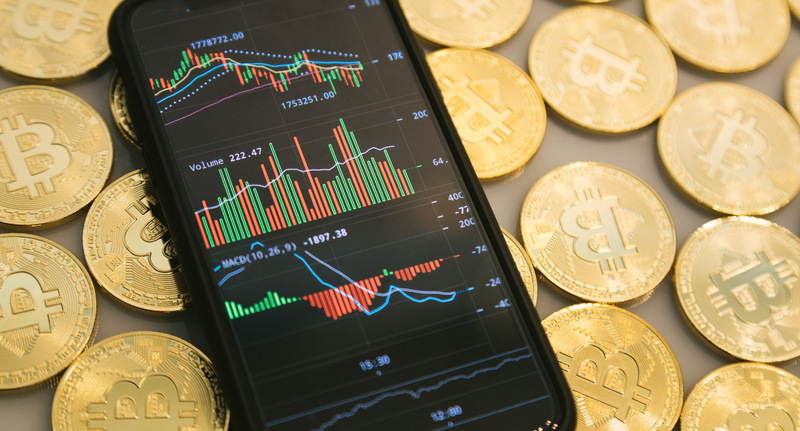Italy’s State-Owned Bank Trials Digital Bonds on Polygon Blockchain
The European Central Bank initiated the trial to explore how blockchains can enhance central bank settlement.

According to a new report, the national GDP of Australia could increase by as much as $40 billion US a year with regulatory infrastructure.
Accenture, in association with the Tech Council of Australia, released the report looking at the potential that digital assets could offer to the country’s economy and business sector. The report opens with a bullish hypothesis:
“Digital assets (DA) have the potential to transform our lives offering significant time and cost savings to individuals and businesses.”
The research estimates that digital assets, including cryptocurrencies, stablecoins, non-fungible and fungible tokens could offer a saving of up to 80% in retail payment costs within the next 7 years. According to the report, digital assets has the potential to not only save money but also save millions of hours in administrative time with tax compliant documents. The report also notes that digital assets could contribute up to $15 billion more in tax revenue in 2030 with an overall $60 billion added to the country’s gross domestic product by 2030.
Showing use cases for cryptocurrency, Accenture notes that digital assets can help the business and banking sectors with the innovative opportunities:
The European Central Bank initiated the trial to explore how blockchains can enhance central bank settlement.
n recent months, inflation measures, including the Consumer Price Index and Personal Consumption Expenditures Index, have moderated.
BlockFi clients are to note that client communications will exclusively occur through official email channels.
CryptoQuant CEO says Bitcoin is still vulnerable to “speculative FUDs,” giving smart money a way to buy up cheap BTC.